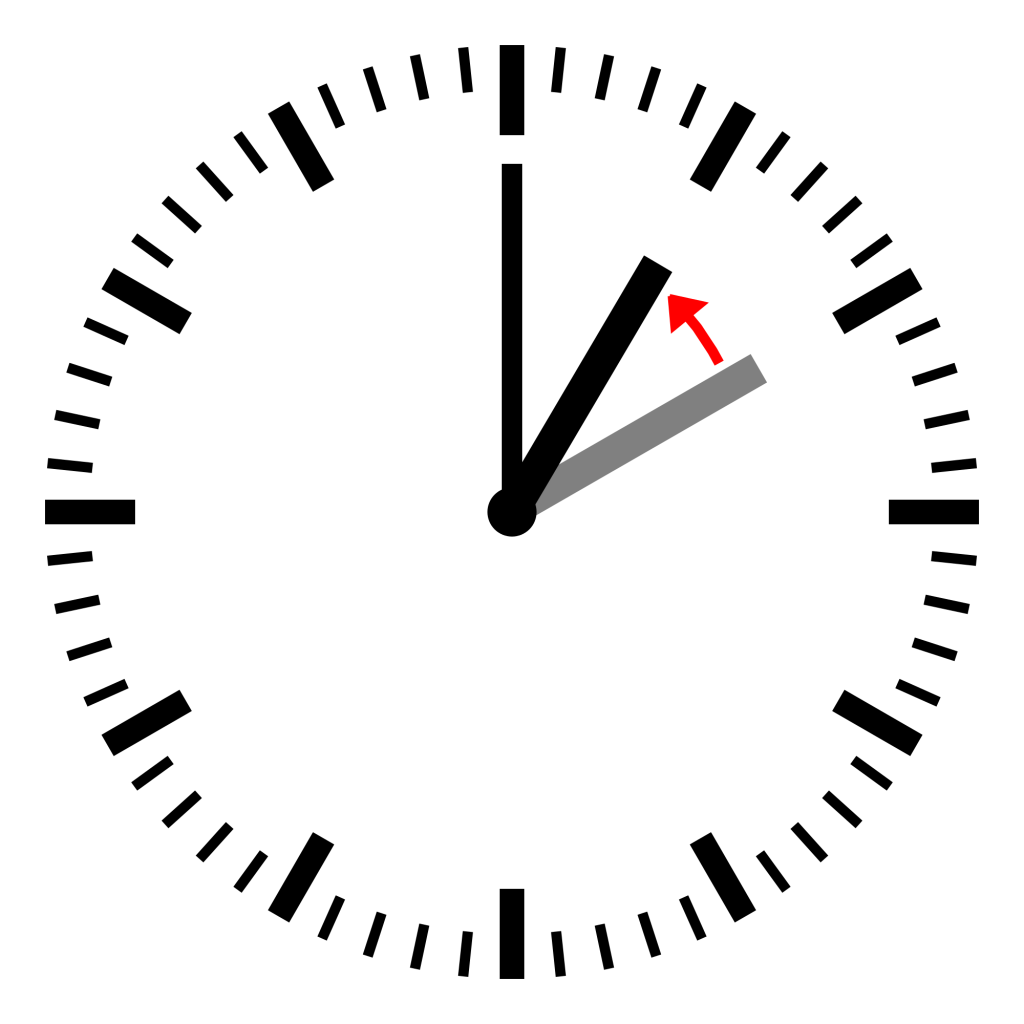Criminal profilers are among the most mystic people in law enforcement, it almost seems they conjure an aura of mystery and intelligence; after all, this is probably the work of the number of movies and TV series which were built around this field of work. In this article, we’ll take a look at exactly what a criminal profiler does, the myths and reality of the job, and what requirements are needed to work in this field.
Offender profiling/criminal profiling
 According to Wikpiedia, “offender profiling, also known as criminal profiling, is a behavioral and investigative tool that is intended to help investigators to accurately predict and profile the characteristics of unknown criminal subjects or offenders“. If we put that in common English, criminal profiling is the act of developing a psychological profile of an offender/criminal based on what can be deducted from the crime scene.
According to Wikpiedia, “offender profiling, also known as criminal profiling, is a behavioral and investigative tool that is intended to help investigators to accurately predict and profile the characteristics of unknown criminal subjects or offenders“. If we put that in common English, criminal profiling is the act of developing a psychological profile of an offender/criminal based on what can be deducted from the crime scene.
Picture a sketch of a criminal; the sketch is made based on how a witness (or more) describes him. The sketch can be more or less accurate, depending on the accuracy of the description and the skill of the portrait artist. The criminal profile is a mental sketch of the criminal, done based on what can be deducted from the crime scene and it also can be more or less accurate, depending on how much information the crime scene provides, and also the deductive skills of the profiler.
Criminal profilers work closely with investigators and detectives, and their main weapon is the power of deduction. You can think of them as a type of modern day Sherlock Holmes, though that’s a long stretch, and they rely on hard cold facts much more, and far less on intuition. There’s often only a thin line between detectives and profilers, but the line exists nonetheless: detectives do many things while also working with deductions, while profiling relies solely on the psychology of the criminal.
What does a criminal profiler do?
 A highly reputable paper by identified four main approaches to offender profilig:
A highly reputable paper by identified four main approaches to offender profilig:
– The geographical approach, in which geographic patterns are analyzed in order to determine where the criminal works/lives/hangs out, what type of places does he like, etc.
– The typological approach looks at the specific characteristics of the crime scene to characterize the criminal based on several important traits – this is what you usually see in the movies when somebody characterizes the criminal, though it is presented in a very distorted light.
– Investigative psychology, in which psychological theories of analysis are used to to present characteristics about the criminal based on his type of offense and behavior
– The clinical approach to offender profiling in which the understanding of psychiatry and clinical psychology is used to determine whether the offender is suffering from mental problems or other psychological affections.
Usually, profilers analyze old cases; sometimes, old cases with big layers of dust on them. However, in some cases, they tap in early on and get on the field, sometimes even travel to the crime scene.
Profilers may also work with lawyers, conduct private investigations, or work with the police, FBI, or other such organizations. So what do you need to do to become a profiler?
The job
Good profilers typically have the following traits and abilities: a very logical mind, an ability to solve puzzles, and the tenaticity to keep going and going when it seems no answers are available. You have to be a borderline cynic, and a hardened mind, with an ability to ignore the awful things (or at least not let them get to you). You’re going to be involved in some seriously disturbing cases, and you have to deal with the huge stress involved in catching offenders such as a serial killer. Your mental health has to be excellent, and you shouldn’t be phased by bizarre human behavior.
The education requirements for the job are also quite demanding – the absolute minimum is a masters degree, preferably in forensic psychology. This being said, there is no fixed educational path required, no specific certifications are usually asked. Most criminal profilers have degrees in psychology or the more specific area of forensics psychology or criminal justice. Experience is also necessary, and an apprenticeship is a rather common practice – though finding another profiler to work with is usually a hard job.
So if you’re a highly analytical, detail noticing person prepared to work in a highly stressful environment, surrounded by disturbing circumstances, a carreer in criminal profiling may be the right thing for you!



